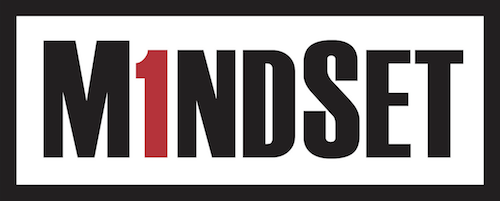I want to mention a descriptive term that compliments several important MindSets we teach: intellectual humility. Those fortunate enough to have a good amount of this trait have an awareness of the limits of their knowledge. They recognize that our natural egocentrism often leads to rationalization and self-deception, obliviousness to bias, immunity to contradictory facts, and presumptive decision-making.
The term is closely related to MindSet’s concept of Region of Doubt. We teach leaders to operate with the assumption that 15% of the time a better decision will be available than the choice you are making. This mental orientation will help you to remain open to input from others while still being confident enough to move when a decision must be made.
A good dose of intellectual humility can contribute to better listening skills, more collaborative decision-making, greater innovation, and a more genuine eagerness to learn and grow.
For a look at how systems operate in the absence of intellectual humility, take a look at our nation’s capital. It is packed with politicians who start from a conclusion and then ignore or distort facts and data as needed to assure compliance with their predetermined position. Now labeled partisanship, this intellectual bunker mentality is not working well for the benefit of our country. We can’t fix the mess in Washington, but we can look at ourselves and our own organizations and make intellectual humility an openly talked about, valued, and perhaps even expected attribute!

Co-Founder of MindSet, LLC.

